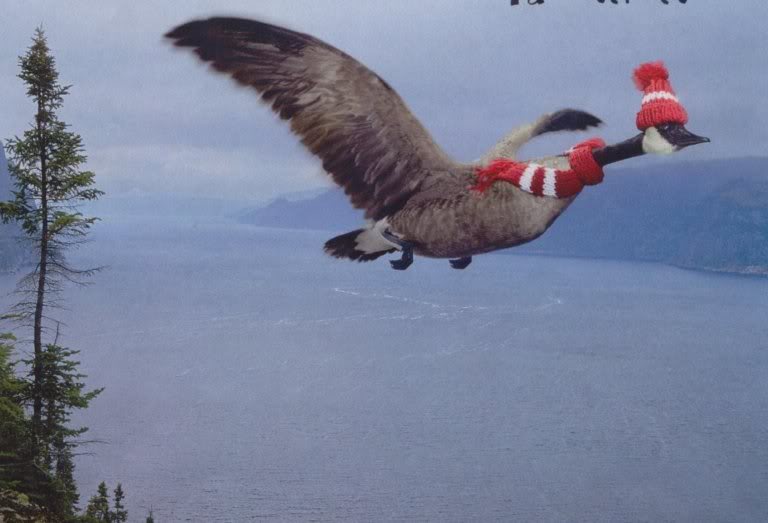We also have birds that get blown across the Atlantic in the stormy season, autumn and winter. If it's really unusual, we get them by the planeload. I am serious: groups of amateur or professional ornithologists charter a plane between themselves, drop everything even if it's 4 in the morning, to hare off to a distant corner of the land to see that particular bird.
Now, I did mention the word ornithologist. This is someone that knows all there is to know about birds. Twitchers are, with all respect, people who want to tick off a list of "must have seen" birds and are prepared to go to the length described above.

Earlier in the year, though, bird watching took a rather more tragic turn with the discovery of avian flu in Western Europe. Have not heard much more about it since the spring, but back in March a swan was found dead in a harbour in Eastern Scotland. A government spokesman described what happened to the unfortunate creature as follows:
"This swan was flying across the North Sea when it began to feel crap. As it neared the Scottish coast it was feeling worse and worse, and when it finally reached Scotland it died pretty soon afterwards."
Right. We were concerned about bird flu, because it could mutate into a virus that is contagious to humans. Therefore, if you start to feel crap, consult a doctor immediately, as you may be about to die. OK, I'm having a laugh here. It is hardly scientific to describe symptoms as above. Fortunately, that panic seems to have died down, and I have not heard anything about birdflu for months now.
No comments:
Post a Comment